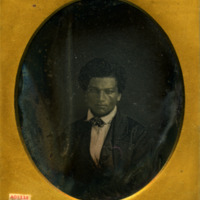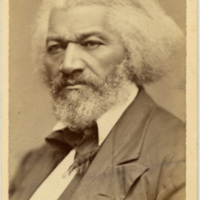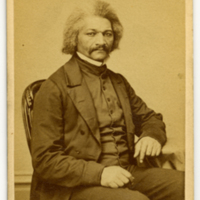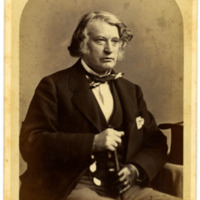Abolitionists
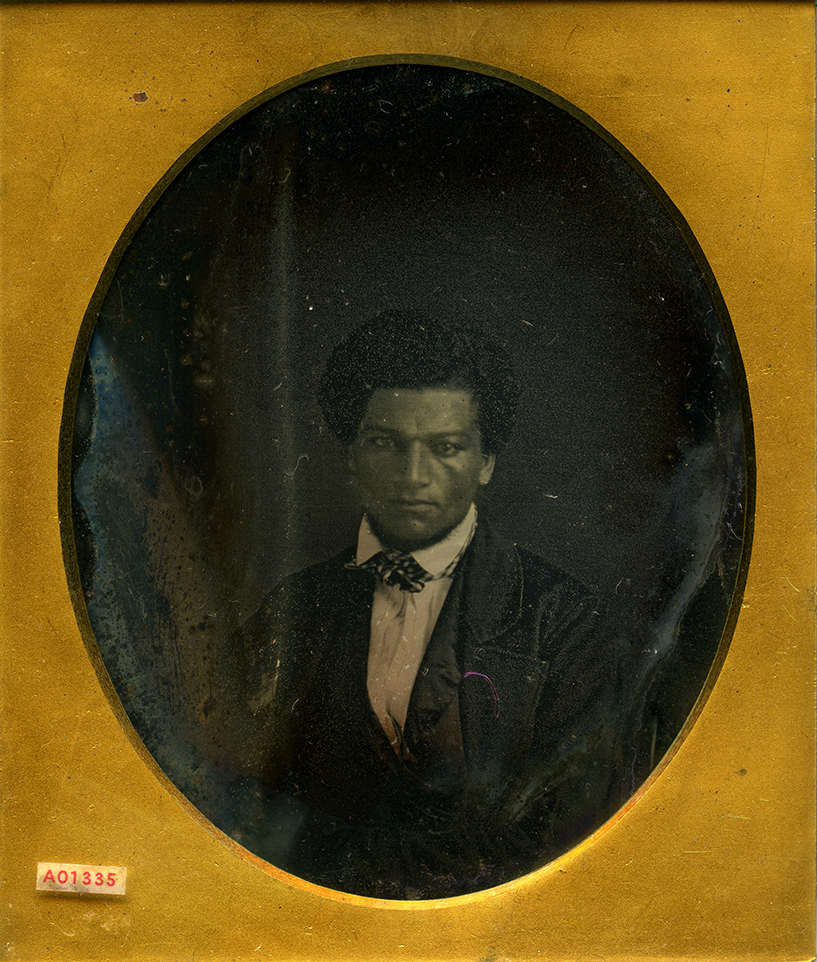 Abolitionism is the principled commitment to end slavery in any form. In contrast to gradualists, such as Abraham Lincoln before the Civil War, who then sought only to limit slavery from spreading and to work for its eventual withering away, abolitionists agitated for the immediate and total end of slavery.
Abolitionism is the principled commitment to end slavery in any form. In contrast to gradualists, such as Abraham Lincoln before the Civil War, who then sought only to limit slavery from spreading and to work for its eventual withering away, abolitionists agitated for the immediate and total end of slavery.
In Europe, there had been several movements to abolish slavery before abolitionism caught on in the United States. In Great Britain, the parliamentarian William Wilberforce led a struggle that banned the slave trade by British ships in 1807, and Britain abolished slavery throughout its empire in 1833. In that same year, the white abolitionists William Lloyd Garrison and Arthur Tappan founded the American Anti-Slavery Society. The movement spread quickly in the northern states and soon counted many talented writers and orators as champions of the cause, including Black abolitionists such as Frederick Douglass and Sojourner Truth. Slavery in the United States ended with the Emancipation Proclamation of 1863, which freed slaves in the Confederate States, and the 13th Amendment, passed in 1865, which abolished slavery in all American territories.
The portraits in this exhibition show only some of the many people who fought for this cause, and we hope to add more over time.

